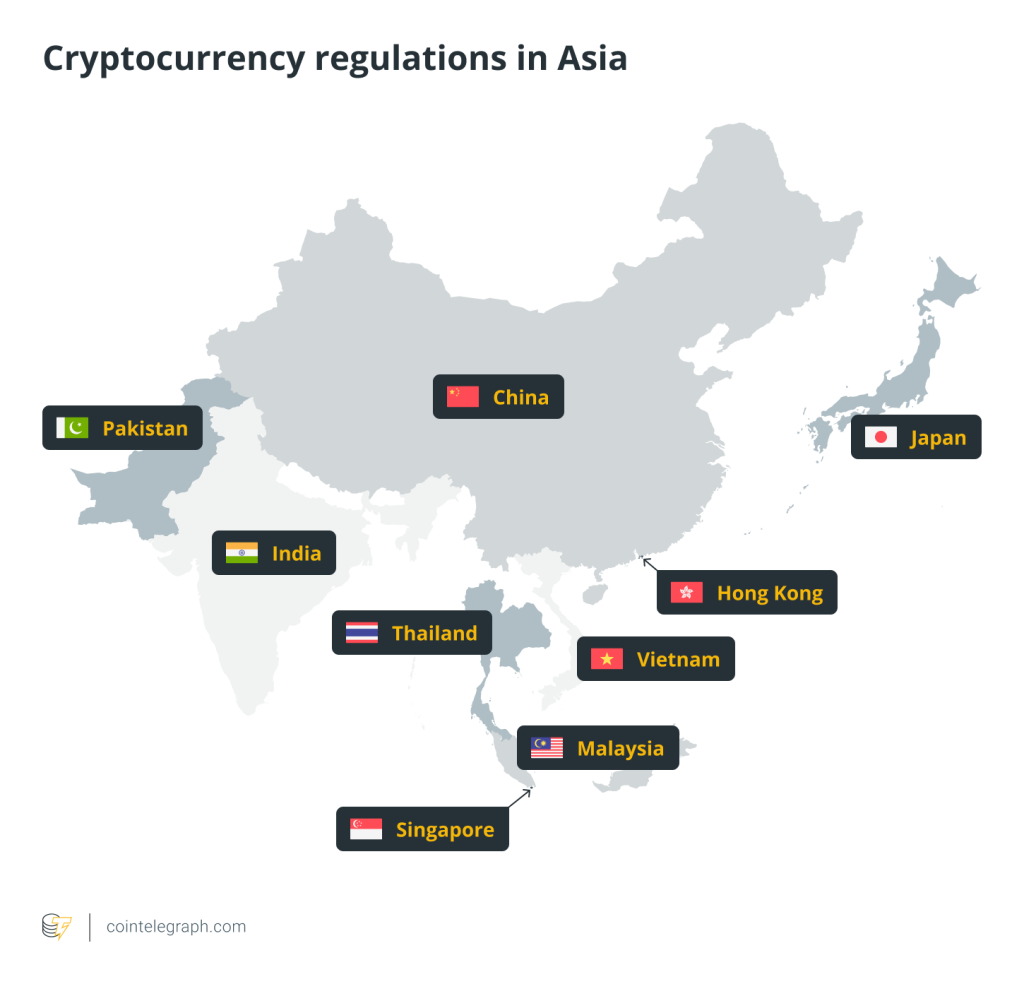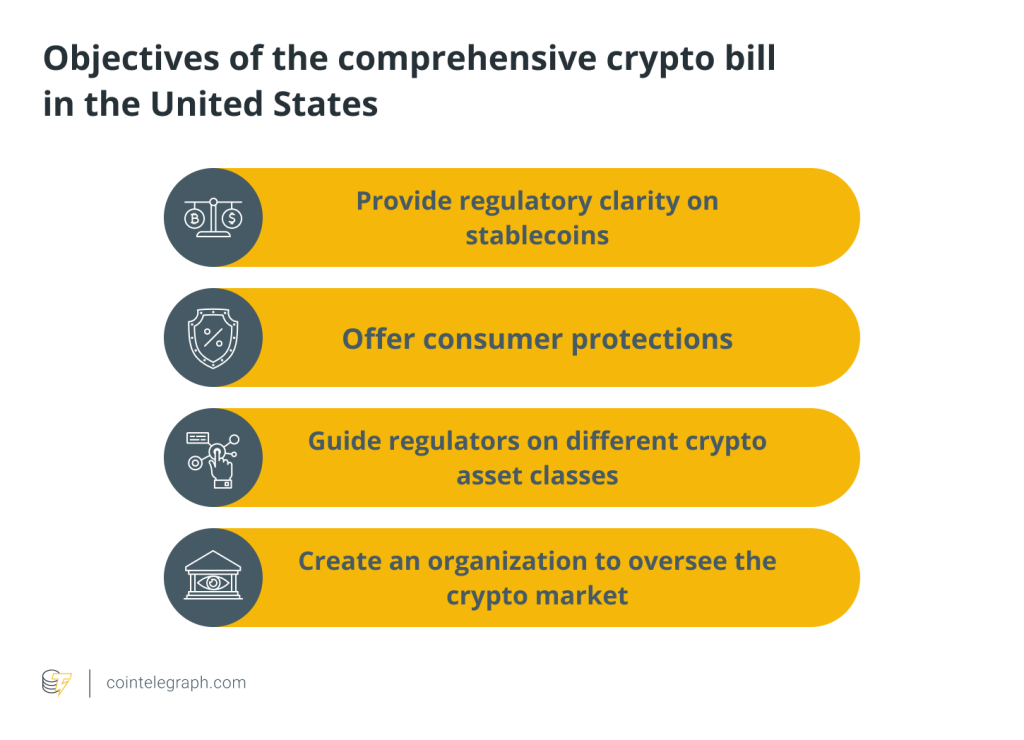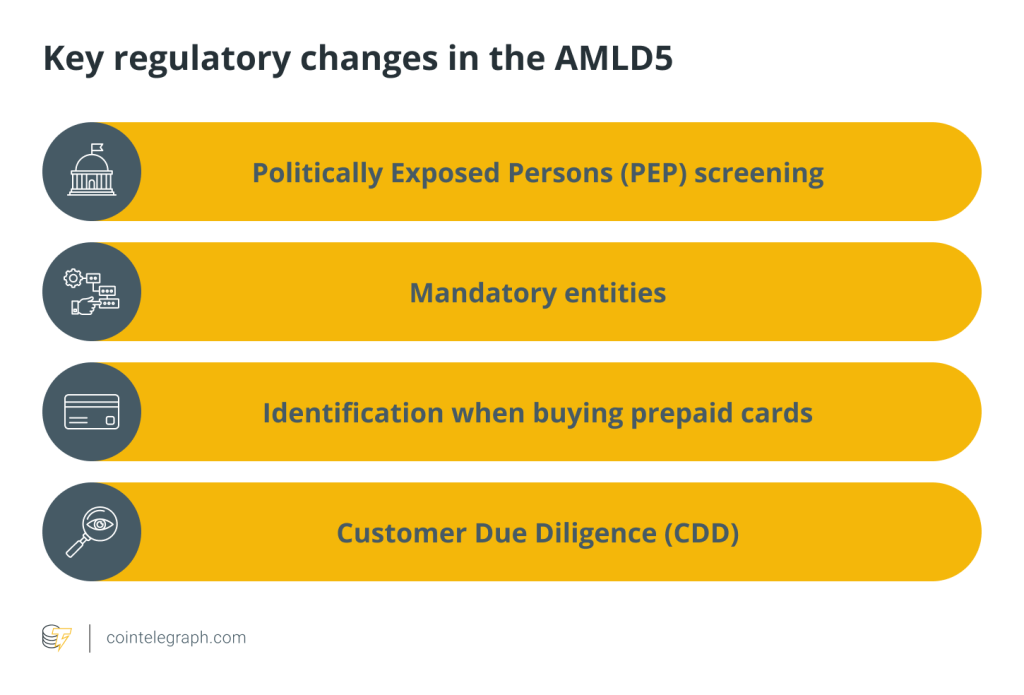China to introduce revised crypto AML regulations by 2025

China imposed a blanket ban on crypto use in 2021; however, due to technological advancements and the decentralized nature of crypto, mainland users have found a way to access the crypto market.

China is set to make a major amendment to its Anti-Money Laundering (AML) regulations to include cryptocurrency-related transactions amid calls for greater scrutiny of the nascent crypto industry by policymakers in the country.
According to a report published in a local daily, Prime Minister Li Qiang chaired an executive meeting of the State Council on Jan. 22 to discuss the revised AML law. The first revised draft of the country’s AML regulations was proposed in 2021, and the revised draft was included in the legislative work plan of the State Council in 2023 and will be signed into law by 2025.
This will be the first significant revision to China’s AML regulations in 17 years since its inception in 2007.
Prominent scholars and financial experts who participated in the discussion around AML’s revised draft said that the AML law involves a relatively broad scope, making it difficult for the revised draft to be comprehensive. The most urgent content can only be reflected in a framework first.
Wang Xin, a professor at Peking University Law School who participated in the discussion, stressed on the urgent need for resolving issues around crypto money laundering at the legal level. Xin added that the use of cryptocurrency and virtual assets for money laundering has gradually become a mainstream trend, and current Chinese laws lack a clear definition of the connotation and extension of virtual assets.
Related: Chinese central bank urges the world to jointly regulate crypto
The professor noted that although the revised draft includes the prevention of virtual asset money laundering, there is a lack of operational guidance on the subsequent seizure, freezing, deduction, and confiscation of virtual assets from money laundering crimes, resulting in a “disconnect.” He added that there is still room for improvement to combat virtual asset-related money laundering.
China imposed a blanket ban on cryptocurrency use, prohibiting off-shore exchanges from offering services and banning all forms of mining. However, with technological advancements and the decentralized nature of cryptocurrencies, mainland users have found ways to access the crypto market, leading to money laundering risks. The new amended regulations aim to impose much stricter guidelines to curb such activities.






… [Trackback]
[…] Read More on on that Topic: x.superex.com/news/bitcoin/3922/ […]
… [Trackback]
[…] Find More here on that Topic: x.superex.com/news/bitcoin/3922/ […]
… [Trackback]
[…] Find More here to that Topic: x.superex.com/news/bitcoin/3922/ […]
… [Trackback]
[…] Find More Information here on that Topic: x.superex.com/news/bitcoin/3922/ […]
… [Trackback]
[…] Information on that Topic: x.superex.com/news/bitcoin/3922/ […]
… [Trackback]
[…] Info to that Topic: x.superex.com/news/bitcoin/3922/ […]
… [Trackback]
[…] Here you will find 10785 additional Info on that Topic: x.superex.com/news/bitcoin/3922/ […]
… [Trackback]
[…] Read More Information here to that Topic: x.superex.com/news/bitcoin/3922/ […]
… [Trackback]
[…] Here you can find 52664 more Information on that Topic: x.superex.com/news/bitcoin/3922/ […]
… [Trackback]
[…] Find More here to that Topic: x.superex.com/news/bitcoin/3922/ […]
… [Trackback]
[…] Read More Information here to that Topic: x.superex.com/news/bitcoin/3922/ […]
… [Trackback]
[…] Find More Information here to that Topic: x.superex.com/news/bitcoin/3922/ […]
… [Trackback]
[…] Find More on that Topic: x.superex.com/news/bitcoin/3922/ […]
… [Trackback]
[…] Find More here to that Topic: x.superex.com/news/bitcoin/3922/ […]
… [Trackback]
[…] Find More on to that Topic: x.superex.com/news/bitcoin/3922/ […]
… [Trackback]
[…] Find More on that Topic: x.superex.com/news/bitcoin/3922/ […]
… [Trackback]
[…] Find More here on that Topic: x.superex.com/news/bitcoin/3922/ […]
… [Trackback]
[…] Info to that Topic: x.superex.com/news/bitcoin/3922/ […]
… [Trackback]
[…] Find More on that Topic: x.superex.com/news/bitcoin/3922/ […]
… [Trackback]
[…] Here you will find 28151 more Info to that Topic: x.superex.com/news/bitcoin/3922/ […]
… [Trackback]
[…] Info on that Topic: x.superex.com/news/bitcoin/3922/ […]
… [Trackback]
[…] Information to that Topic: x.superex.com/news/bitcoin/3922/ […]
… [Trackback]
[…] Read More on that Topic: x.superex.com/news/bitcoin/3922/ […]
… [Trackback]
[…] Find More here to that Topic: x.superex.com/news/bitcoin/3922/ […]
… [Trackback]
[…] There you will find 88126 more Information on that Topic: x.superex.com/news/bitcoin/3922/ […]
… [Trackback]
[…] Information to that Topic: x.superex.com/news/bitcoin/3922/ […]